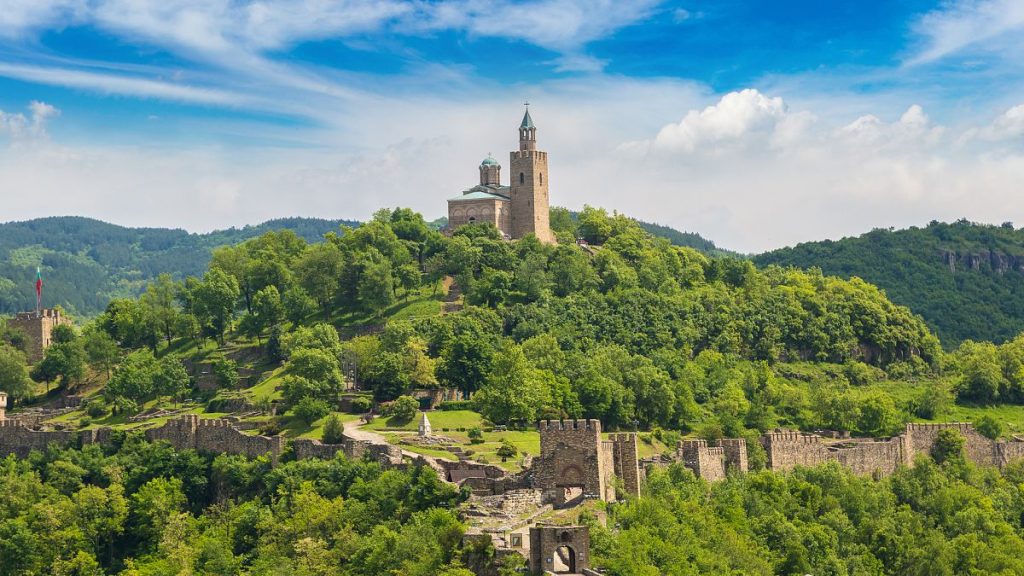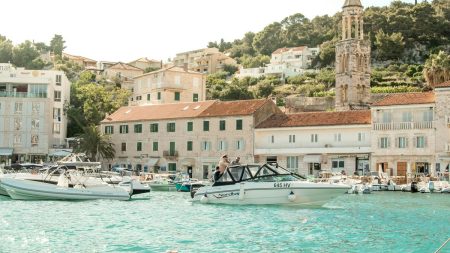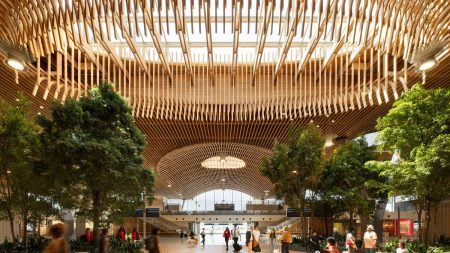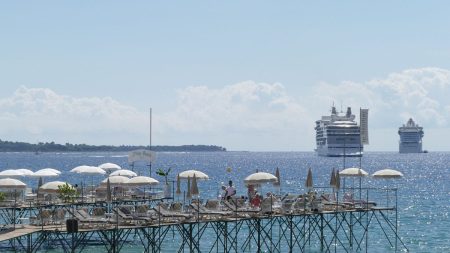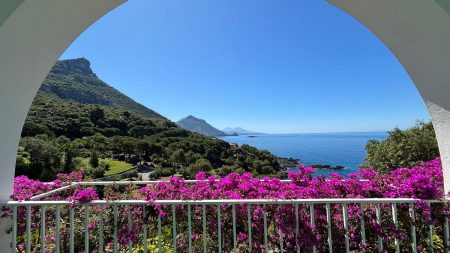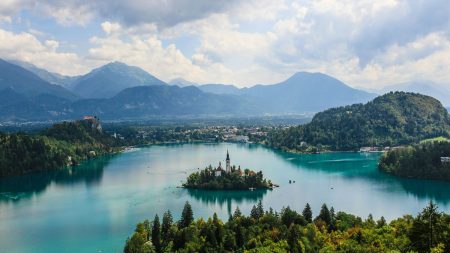Bulgaria is stepping up efforts to enhance tourism through collaborations with neighboring Balkan nations, promoting an integrated travel experience. This Eastern European destination, steeped in history and culture, is characterized by its rich variety of attractions ranging from ancient archaeological sites to modern leisure activities. With an area of just 111,000 square kilometers, Bulgaria offers striking contrasts, including pristine Black Sea beaches and snow-capped ski resorts that are ideal for various seasonal activities. According to Minister of Tourism Evtim Miloshev, the essence of Bulgaria’s tourism lies in its diversity, featuring a fusion of historical and contemporary offerings that cater to a wide array of visitor interests.
The appeal of Bulgaria is especially pronounced across its four distinct seasons. In summer, tourists flock to the renowned Black Sea coastline, with focal points such as Sunny Beach, acknowledged as one of the world’s top beaches by international tourism experts. Golden Sands Beach, nestled near forested landscapes, adds to the allure. Additionally, Bulgaria is a prime destination for winter sports, boasting ski resorts such as Bansko and Borovets that host a variety of alpine competitions, including the World Cup events in skiing and snowboarding. For families or beginners, Pamporovo offers a gentler experience with the longest green ski slope, while health and wellness tourism is burgeoning, characterized by natural mineral springs found in towns like Hisarya and Velingrad.
Sporting a rich cultural tapestry, Bulgaria’s ancient cities and landmarks reflect its long and vibrant history, making the country akin to an open-air museum. Sites like the UNESCO Heritage-listed Nessebar and the historic city of Veliko Tarnovo echo with tales from the Hellenic, Roman, and Byzantine eras. The Valley of the Thracian Kings showcases ancient tombs adorned with frescoes, while the country’s famed Rose Valley is recognized for producing premium rose oil. Plovdiv, celebrated as the oldest continuously inhabited city in Europe, adds further depth to Bulgaria’s historical narrative. The country’s capital, Sofia, is also a hub of culture and history, making it a pivotal part of the visitor experience.
Looking toward 2025, Bulgaria aims to improve its tourism services, complementing its sustainable practices with a focus on preserving its rich cultural heritage. Increasing air connectivity is a priority, particularly to attract long-haul travelers from regions such as the Far East and the Americas. As part of this strategy, the country has introduced an initiative aiming to position Bulgaria not just as a standalone destination but as a vital part of an integrated travel experience across the Balkans. Minister Miloshev emphasizes the importance of presenting a united Balkan identity that encapsulates the region’s collective history, culture, and natural beauty, encouraging tourists to explore multiple countries within a single journey.
Despite expanding its tourism footprint, Bulgaria remains anchored in the epitome of hospitality that has defined its culture for centuries. This warmth and welcoming attitude are deeply rooted in the nation’s history as a crossroads for major civilizations. Miloshev underscores that Bulgaria has thrived over 13 centuries by cultivating a sense of openness and generosity, traits that resonate with modern travelers eager to explore local cuisine and wines. This hospitality is positioned as a key selling point for tourists drawn to Bulgaria’s diverse culinary landscape, further enhancing the country’s allure as a travel destination.
Rounding out these initiatives is Bulgaria’s strategic vision of leveraging its historical significance while amping up its tourism appeal. By showcasing its unique blend of ancient traditions and modern pleasures through a cohesive Balkan brand, Bulgaria strives to redefine the regional tourism paradigm. As the country gears up for a dynamic future in tourism, its commitment to enhancing visitor experiences aligns with the preservation of its rich heritage, setting the stage for Bulgaria to emerge as a revitalized cornerstone of travel in Southeastern Europe. Through concerted efforts to promote multi-country trips and an emphasis on quality hospitality, Bulgaria not only aims to attract more visitors but also enriches the overall tourism landscape of the Balkans.




